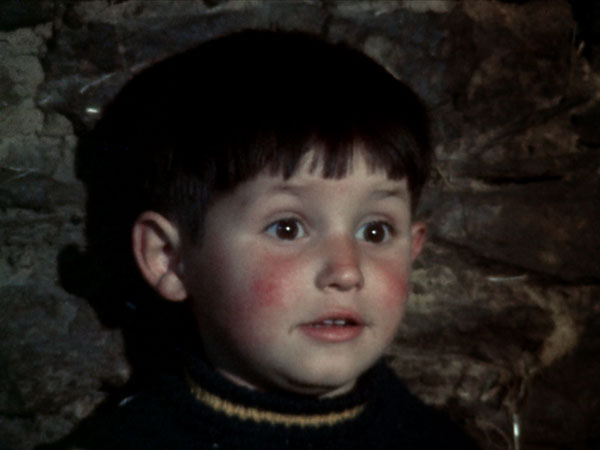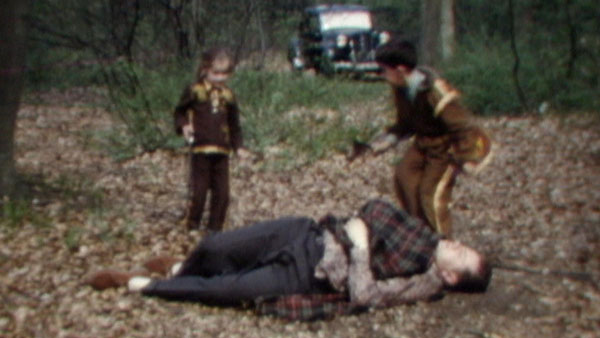But first, the news. Word’s come from Vitor Pinto at Cineuropa that Miguel Gomes has begun work on his fourth feature, One Thousand and One Nights, and aims to have it completed by the spring of 2015. Might we read “spring” as “Cannes”? Far, far too early to tell, of course. In the meantime, Gomes and producer Luis Urbano have set up a site where three journalists and an illustrator are collecting and working through stories about life in Portugal as the euro crisis drags on and on, stories “about the way people are facing the crisis and about what it means to live in a country under the Troika-control,” as Pinto puts it. “According to Gomes, the genesis of the film comes from his incapacity to remain indifferent to the current situation of the country. ‘There is an enormous dramatic potential in what we are going through. Cinema is conflict and that is something which isn’t lacking in Portugal nowadays.'”
Gomes’s 26-minute Redemption has premiered Out of Competition in Venice, and it’s screened in the Wavelengths program in Toronto. And, according to Adam Nayman, writing for the Globe and Mail, it’s “sublime.” It “skillfully weaves together several varieties of found footage (including home movies) into a luxuriously thick visual tapestry overlaid by a quartet of poetic voice-overs. Oblique yet emotional, compact yet expansive, it’s easily one of the best films at TIFF.”
Vitor Pinto breaks it down. “Firstly, Gomes takes us back to 1975 Portuguese countryside.” And he’s got notes on that section. “Then, we travel to 2011 Milan.” Again, there are notes for those who don’t mind knowing quite a bit about a film before eventually seeing it. Pinto’s got a few words, too, on the third and fourth sections, taking place in Paris in 2012 and Leipzig in 1977, respectively, and adds: “The four plots, written by Gomes himself along with his Tabu scriptwriter partner Mariana Ricardo, are full of emotion and irony. Their disarming narrative style combines fake intimacy and real historic facts, taking social realities and European political personalities as a point of departure to create biographies which are at the same time fictional, partial and probably hopeless when it comes to any possibility of redemption.”
Redemption is “a found-footage film that absolutely holds its own within the rarefied realm of the avant-garde,” writes Michael Sicinski in the Notebook. “This is a film that you will almost instantly want to see a second time.”
Here‘s an unsubtitled and unembeddable trailer.
Julien Gester interviews Gomes for Libération (in French, naturally).
Update, 9/17: For Fernando F. Croce, writing to Notebook editor Danny Kasman, the “revelation” of this year’s Wavelengths program in Toronto “was Redemption, 26 tremendously dense minutes which should cement Miguel Gomes’s position as a modern master of melodic cine-fusions…. Four different, unseen characters pouring their memories onto the screen, or the same incantatory spirit moving between nations and years as part of the same yearning conscious? Gomes’s braiding of textures both scratchy and lush is lyrical, mischievous, and profoundly emotional.”
2013 Indexes: Venice and Toronto. For news and tips throughout the day every day, follow @KeyframeDaily on Twitter and/or the RSS feed. Get Keyframe Daily in your inbox by signing in at fandor.com/daily.





